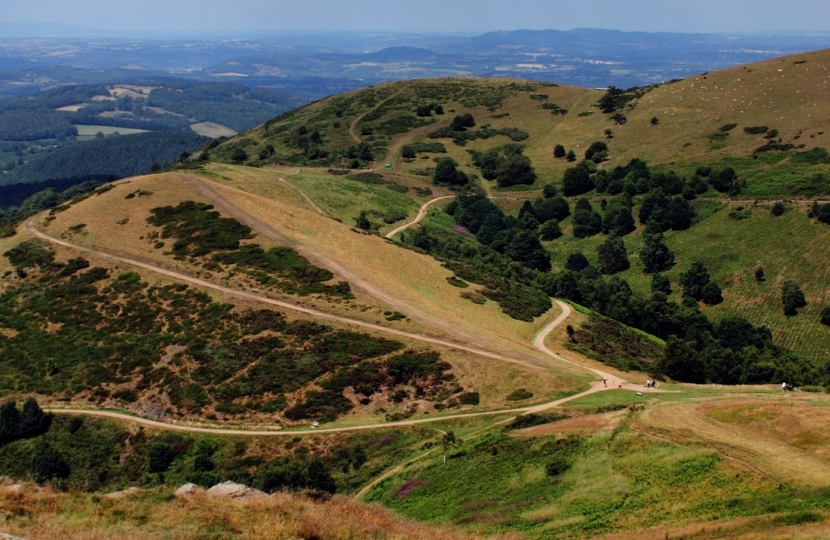
I am committed to protecting our uplands, the wildlife that thrives there, and also the people who live there. I agree that restoring nature is crucial. I am pleased that the Prime Minister has committed to protecting 30% of the UK’s land by 2030, and that he will be making nature a key focus of COP26. As well as this, the Environment Bill has been amended in the House of Lords to require a historic, new legally binding target on species abundance for 2030, with the aim of halting the decline of nature in England.
The UK is moving to a new agricultural system which will reward farmers and land managers for the work that they do to enhance the environment. The environmental land management schemes being introduced will pay for sustainable farming practices, the creation and restoration of habitats, natural flood management, species management, and making landscape-scale environmental changes, among other things. I know that the uplands provide rich opportunities for the provision of environmental public goods, and will be well placed to participate in these schemes.
Peatlands are our biggest terrestrial carbon store, and it is welcome that ministers have published an England Peat Plan which provides an ambitious framework to improve the management of these areas. Alongside this, a Trees Action Plan sets out the long-term vision for the planting and management of woodlands and trees. These plans are underpinned by the £640 million Nature for Climate Fund which will support a trebling of tree planting across England by the end of this Parliament, and help to restore 35,000ha of peatland by the end of this Parliament.
Finally, raptor persecution is one of six national wildlife crime priorities. The Raptor Persecution Priority Delivery Group considers what action should be taken to prevent crime, gather intelligence on offences, and enforce against these crimes. The National Wildlife Crime Unit also gathers intelligence on illegal activities, and provides assistance to police forces when required.
